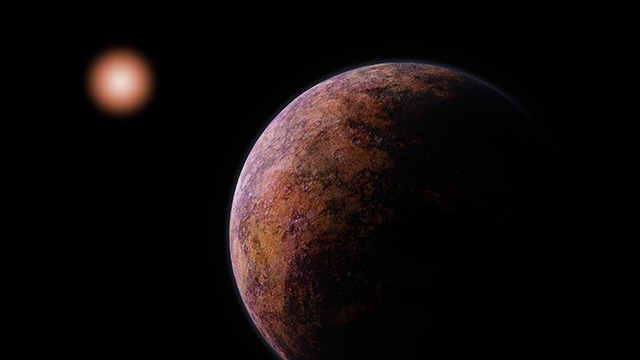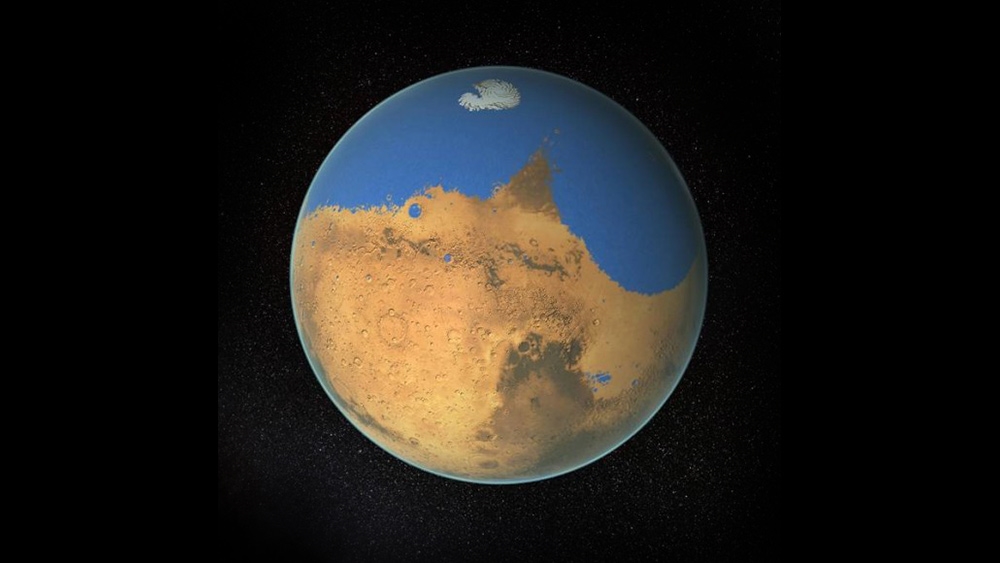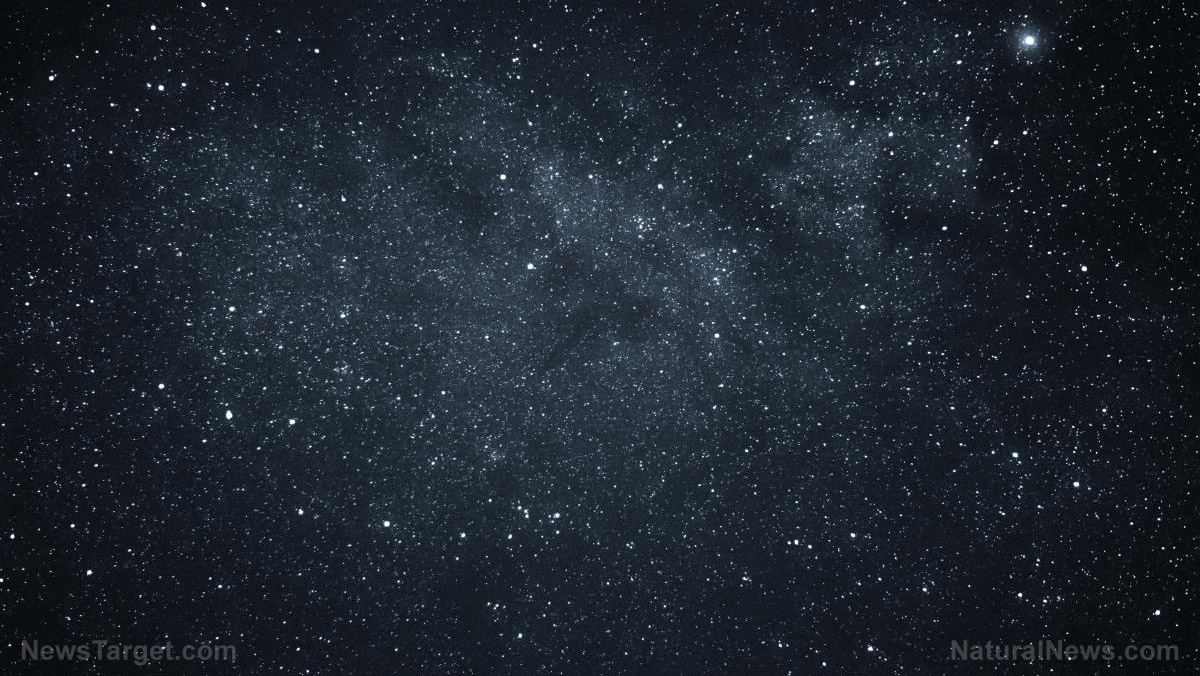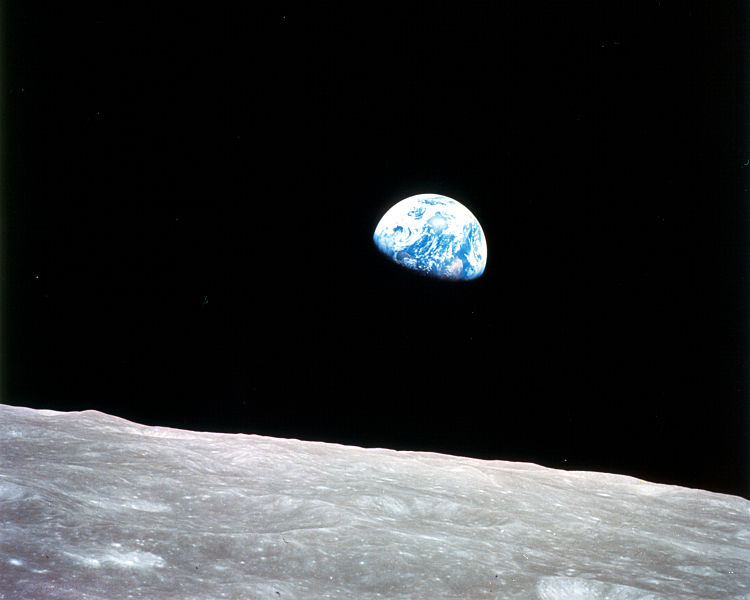As far as intelligent life goes, we are most likely not the smartest kid in the class
07/21/2019 / By Tracey Watson

Humans are innately arrogant. Our intellectual superiority over the other animals on our planet has left many of us with the conviction that we are the most intelligent beings in the universe. However, this type of thinking is dangerous because it leaves us exposed and unprepared, as noted by Scientific American.
If we assume that we are the only intelligent beings that have ever existed or still exist in the universe we will make no attempt to search for traces of other life forms and we will make no endeavor to protect ourselves from possible danger. (Related: Scientific American admits: Extraterrestrials likely to be far more intelligent than humans … and we’re stupid to deny their existence.)
Are we really all that smart?
If, indeed, there are other forms of intelligent life out there, would we as humans automatically be stronger and smarter than them?
Not likely, as reported by Scientific American (SA):
When reading the morning newspaper, it is difficult to avoid the thought that our own intelligence bar is not particularly high nor difficult to surpass. We fight among ourselves in “lose-lose” situations; we do not promote long-term solutions over short-term fixes; and we have been broadcasting our existence to the galaxy with radio waves for over a century without worrying about whether there are any predators or competitors in outer space.
It is likely, then, that humans really aren’t the smartest kids in the universal class – if there are other thinking creatures out there.
And how would we know if any such creatures exist? If we were truly smart, we would try far harder to ensure that we have sufficiently advanced technology to detect their signals or identify the technology they use.
As SA warns, if we absolutely discount the possibility that other intelligent beings exist in the universe, we will certainly never find any because we will be like ostriches with our heads buried in the sand. That doesn’t mean they don’t exist though; only that we will be totally unprepared if any of them ever show up.
Perhaps the very fact that we refuse to acknowledge the possible existence of such life forms underscores just how unintelligent we truly are. It might be, as suggested by Abraham Loeb, writing for Scientific American, that we are all suffering from the Dunning-Kruger Effect, a psychological term that relates to people mistakenly believing that their own cognitive abilities are far greater than they truly are.
Essentially, low ability people do not possess the skills needed to recognize their own incompetence. The combination of poor self-awareness and low cognitive ability leads them to overestimate their own capabilities.
The term lends a scientific name and explanation to a problem that many people immediately recognize—that fools are blind to their own foolishness. [Emphasis added]
In other words, maybe we really aren’t as smart as we think we are, and our low intelligence means we aren’t able to figure that fact out. (Related: Why “first contact” with extraterrestrial beings may WIPE OUT humanity.)
The need to search for “other kids in the neighborhood”
As Loeb explains, the way we generally grow in our knowledge and understanding of people is by getting out and interacting with others in our society. The only way to truly grow in our universal knowledge and understanding is to likewise get out and search for “other kids in the neighborhood.”
If we can find them, we can study and get to know them, growing in our own understanding and protecting ourselves from any potential dangers.
Learn more about what’s really out there at Space.news.
Sources for this article include:
Tagged Under: #disclosure, alien life, aliens, cosmic, cosmos, extraterrestrials, intelligent life forms, outer space, Space, space exploration, UFOs
RECENT NEWS & ARTICLES
COPYRIGHT © 2017 DISCOVERIES NEWS


















